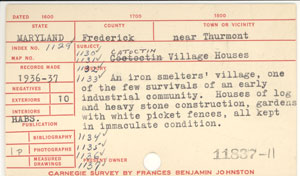The University of California-Berkeley recently remodeled its undergraduate library. With the remodel, they have lifted the ban on bringing food and drink inside. There is no longer any danger of books in the library being damaged by spilled food or drink. The reason: there are no longer any books in the library.
 As we all know, if it’s on the Internet, it must be true, so the library has been re-styled to serve as a gathering place for students to gather for important discussions, complete with power supplies for laptops and whiteboards for recording vital ideas, and monitors to view work produced in PowerPoint, that scourge of civilized discourse.
As we all know, if it’s on the Internet, it must be true, so the library has been re-styled to serve as a gathering place for students to gather for important discussions, complete with power supplies for laptops and whiteboards for recording vital ideas, and monitors to view work produced in PowerPoint, that scourge of civilized discourse.
What, no Foosball table?
“It’s the wave of the future,” a professor said. “The idea of research in a library is becoming archaic, versus Googling on the Internet. Maybe they’re not accessing the best information with what comes up on Google, but people are used to finding things on the Internet.”
Postscript: At my high school – an all-boys institution – a major project junior year was the research paper. This involved evenings of research at the downtown public library. The downtown library was usually frequented by students from other schools – of the girl gender.














